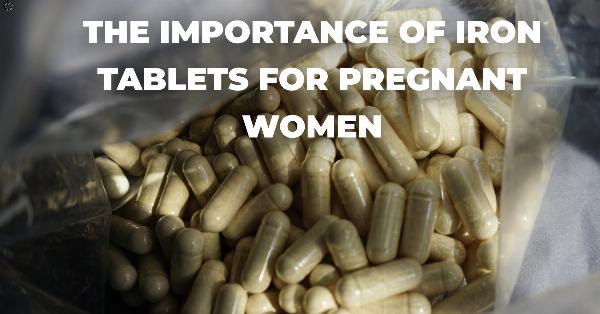How much a baby torments its parents with its cries is determined by its genes and not just parenting techniques, new research has shown.
After a study on hundreds of twins, a team of scientists in Sweden has concluded that how long a baby cries for is largely determined by genetic factors and not only its wellbeing.
The child's sleep quality and ability to be soothed during its first few months are also influenced by genetic predisposition.
"For parents, it may be a comfort to know that their child’s crying is largely explained by genetics, and that they themselves have limited options to influence how much their child cries," said study leader Charlotte Viktorsson from Uppsala University in Sweden.
The team's analysis is based on questionnaires completed by the parents of 998 same-sex identical or fraternal twins when the children were two months and five months old.
Among other things, the parents were asked how long the children cried, how often they woke up at night, and how long it took to calm them down. Twins were chosen because they share key factors such as the home environment, family situation and socioeconomic status, which also influence crying behaviour.
Identical twins develop from a single egg cell and therefore have identical genetic material (DNA), while fraternal twins are as genetically different as siblings born in different years. If identical twins are more similar in a particular trait than fraternal twins, we can infer that genetics play a role in the expression of that trait.
On average, more than an hour of crying every day
The survey revealed immense individual differences. For example, some children woke up as many as 10 times a night, while others almost never did.
On average, the twins cried for about 72 minutes daily at the age of two months, woke up more than twice a night and took about 20 minutes to calm down each time. By the age of five months, the average crying duration had decreased to 47 minutes, but the twins still woke up twice a night and took about 14 minutes to calm down.
However, it should be noted that a "sibling effect" may come into play: If one twin starts crying, the other often joins in. If both cry, it can take longer for them to calm down.
The clearest evidence for a predominantly genetic basis was found for the duration of crying. At the age of two months, genetics explained about 50% of how much the children cried, according to the study published in the journal JCPP Advances. By the age of five months, this figure had risen to 70%.
The number of night-time awakenings, however, was found to be far less influenced by genetics. Factors such as sleep routines and the environment in which the child sleeps could play a more significant role, the researchers suggested. However, the study does not allow conclusions to be drawn about particularly effective methods for addressing these issues.
When it comes to soothing, the environment appears to have a strong influence only in the first months of life. By the age of five months, the ability to be soothed was primarily determined by genetics, according to the survey data.
The researchers acknowledged limitations, noting that the data is based on parental reports and may not accurately reflect sleep and behaviour. Additionally, the results cannot automatically be applied to single children due to the interaction between twins and the higher demands placed on parents by having two babies. Both factors influence the measured outcomes.
However, an initial sample found no significant differences between twins and single children in terms of crying and soothing behaviour, although there were differences in the number of awakenings. Interestingly, twins woke up less frequently than single children.
The researchers did not explore potential reasons for this unexpected difference. It is possible that a baby feels more secure when its ever-present twin is sleeping nearby, or that it is less easily startled by night-time noises due to its busy environment.
How to soothe a crying baby in 13 minutes
Some time ago, another research team investigated how to calm babies most quickly and developed a minute-by-minute guide.
Parents were told to hold their crying child close to their body and walk at an even pace for about five minutes, avoiding abrupt movements, the researchers explained in the journal Current Biology. Once the baby has fallen asleep, parents should sit with the child for about eight minutes before laying it down to sleep.
The team also provided an explanation for the calming effect of walking: the so-called transport response. This innate effect is observed in many young mammals, such as mice and monkeys that are not yet able to care for themselves. The young animals calm down and their heart rate decreases when they are picked up and carried.














